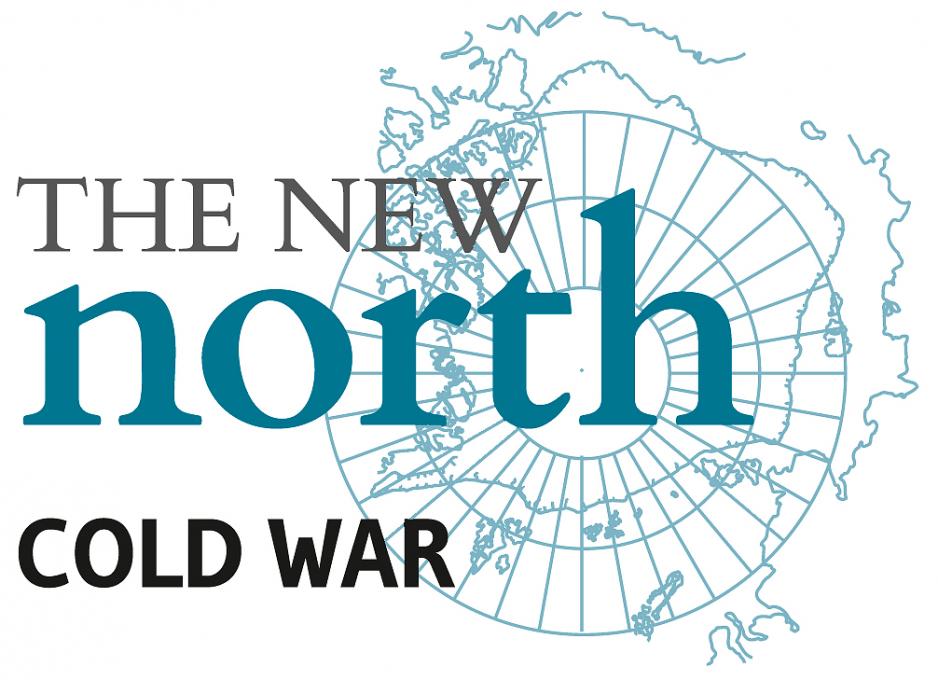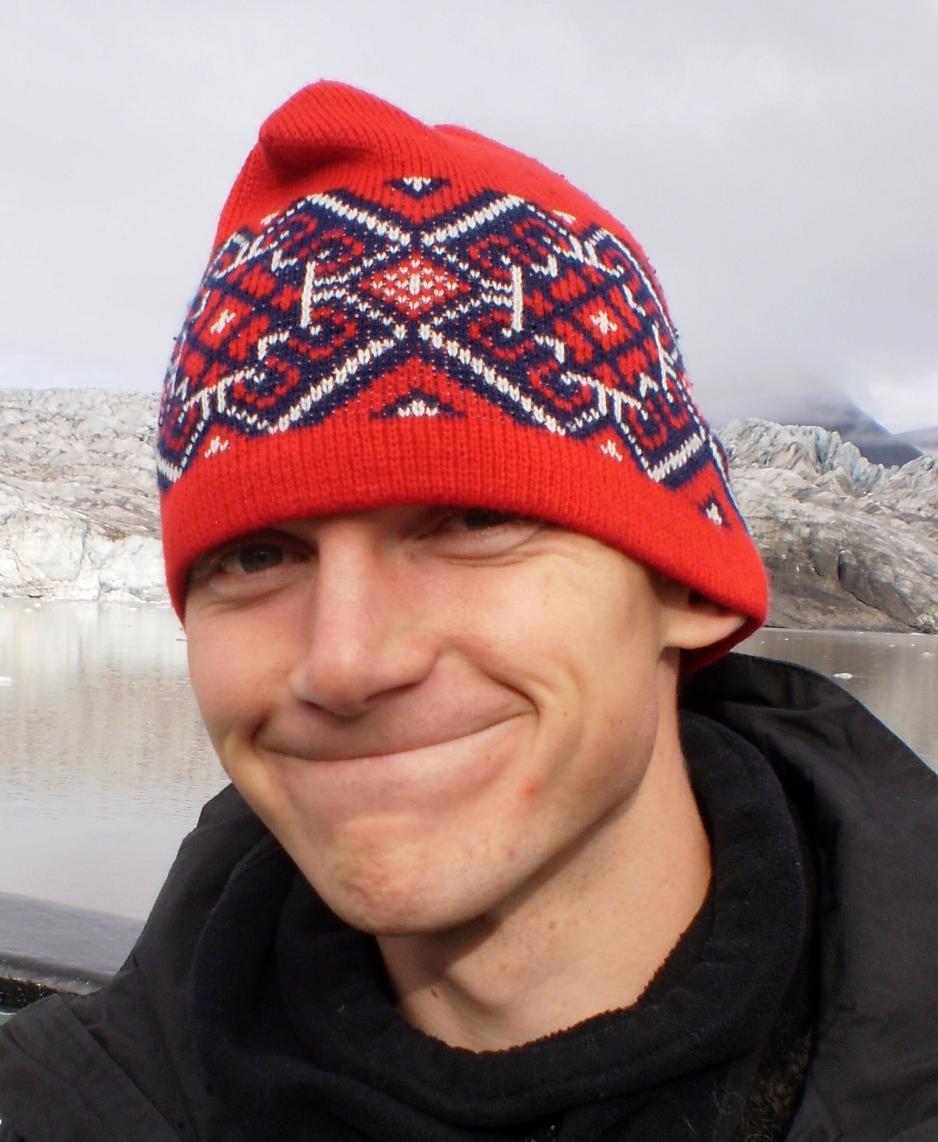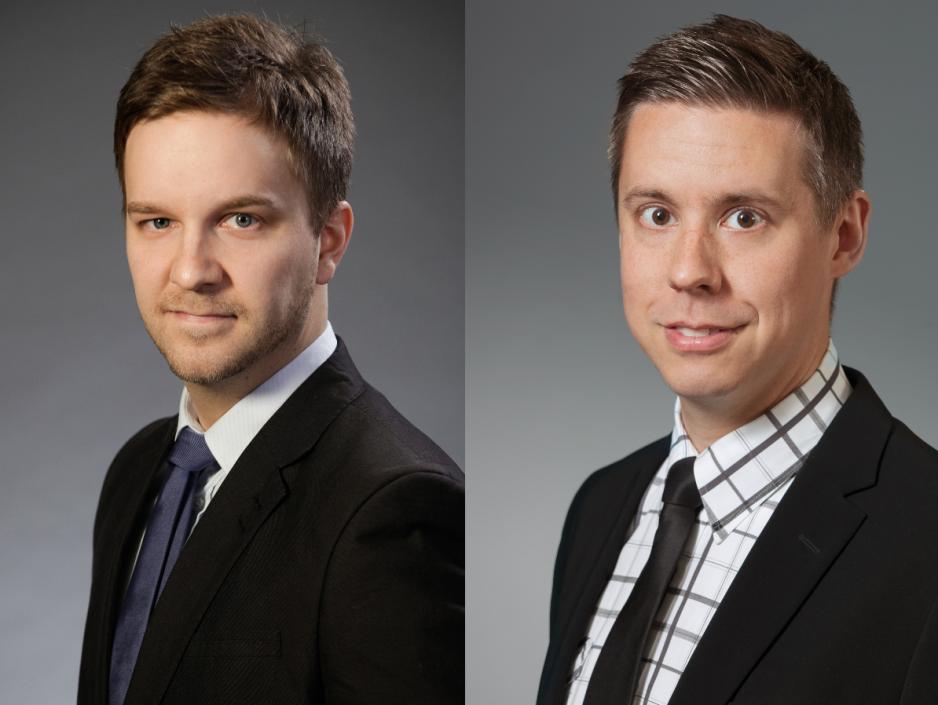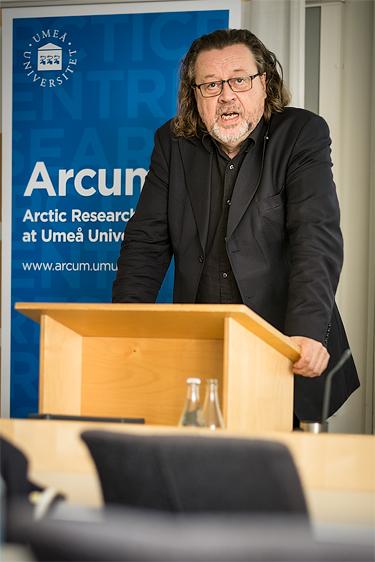Finland: - Increased militarization brings more infrastructure to the Arctic

- While problematic from international security and environmental points of view, we should remember that increased militarization brings more infrastructure to the Arctic, which is necessary for safe economic operations, says Finnish experts Timo Koivurova and Adam Stepien.
Klikk her for norsk versjon.
- While the overall relations between Russia and the West have deteriorated since 2014, parallels with the Cold War are neither accurate, nor allow for drawing a clearer picture of the situation. The world is very different in 2016 than it was in the 1980s, says Timo Koivurova (Director and Professor) and Adam Stepien (Researcher) at the Arctic Centre of the University of Lapland.
High North News has reached out to experts in the entire circumpolar region, trying to seek an answer to whether or not the world has slid back into a new Cold War, as Russian Prime Minister Dmitry Medvedev stated under his dramatic speech at the Munich Security Conference earlier this year.
Click here to read the articles we have published so far.
The Arctic as a global military theatre
- Another question is whether we are moving towards a Cold War-like situation in the Arctic, when the region was perceived as a strategic and potential military theatre in global tactical maneuvering. Can the Arctic come to be seen as a global military theatre once again? Current re-militarization of the Arctic – so far mainly Russian Arctic – may, in principle, result in increased the strategic significance of the region. However, factors such as the rising importance of the Pacific and the Black Sea in strategic thinking, make the current situation in the Arctic different from the 1980s. More military presence in the Arctic does not necessarily translate to a return of the Cold War manufactured positioning of the region in global strategic considerations, says the two Finnish experts.
- On the other hand, while problematic from international security and environmental points of view, we should remember that increased militarization brings more infrastructure to the Arctic, wich is necessary for safe economic operations (shipping, fishing and resource extraction) and may provide Arctic regions and communities with additional revenue and drive socio-economic development, Koivurova and Stepien add.
Cannot be compared to the Soviet Union
- China is one of the world’s great powers, and there are numerous new emerging international actors such as India and Brazil. There is no conflict for global ideological domination between Russian and the West. Russia, while still a major power to be reckoned with, cannot be compared to the Soviet Union of the 1980s, they conclude.
- When we talk about West-Russia relations, and the European context, the question should not be whether we slip into a new Cold War, but whether we have entered a more long-term phase of tense, less co-operative relations. That would be connected primarily with the Russian notion of regional – rather than global – advances of the West into Eastern Europe (e.g. due to NATO and EU enlargement) and Central Asia, areas Russia considers to be in its traditional sphere of interest. Despite economically-driven attempts by many Russian and European actors to mitigate the situation, it is likely that the collapse of mutual trust will be long lasting, Koivurova and Stepien says.
- Loose talk potentially dangerous
Harri Mikkola and Juha Käpylä at The Finnish Institute of International Affairs (FIIA) says all the loose talk about “the new Wold War” is potentially dangerous and does not help in mitigating the situation:
- The fact that important political leaders talk about “the new Cold War” is worrisome. Political speech risks generating political realities and enabling the emergence of increasingly negative political dynamics, they say.
Harri Mikkola and Juha Käpylä are Senior Research Fellow’s at FIIA’s Global Security Research Programme.
- Relations between Russia and the West are certainly strained and embedded with mutual suspicion and mistrust. However, the narrative of “a new Cold War” is a misleading description of the situation. We live in a completely different world today, with different political realities than during the Cold War, they say.
- The stand-off during the Cold War was mainly between two relatively symmetric superpowers, the Soviet Union and the US (or more broadly the West), whereas today the strategic competition takes place in an asymmetrical situation between Russia and the US/the EU. The Cold War situation also included a specific ideological confrontation between two internationally-oriented and expansive ideologies (in both political and economic terms), namely socialism and liberalism, whereas today the situation involves an increasingly inward-looking conservative and nationalist ideational framework in Russia and modified, expansive liberal framworks in the US and in Europe. The Cold War confrontation was also global in nature – and far more dangerous given the proxy wars and nuclear arms race, and the between the superpowers, Mikkola and Käpylä say.
- A new situation
Lassi Heininen, a Professor of Arctic Politics at the University of Lapland, does not appreciate the talk about a new Cold War either.
- I don’t agree with that talk about a new cold war. We cannot repeat something like what we had during the Cold War, because that was a very specific period in time. We might have some aspects, that there is less and less cooperation for example. Absolutely. It is a new context, and globalization is reality. We have so much to do with the global economy and so on. There are so many new factors there, it is simplification of the situation to call it a new Cold War. Whether it is Medvedev or others saying it in Russia, or the western leaders. Even some of my colleagues are saying it, but no; it is not a realistic analysis of the situation. It is a new situation, says Heininen.
- The Arctic is exceptional
- The arctic is very exceptional because it is highly stable. The Ukrainian crisis was a real test. If we loose this stability, we will loose so many other things. Maybe it is very fortunate that the US has the chairmanship of the Arctic Council, because that will give them one reason more to try to keep it. But I mean, it will of cource not last forever. Stability is never an end, it is a means for something, and the questions is what is going to be the next change: Is it peaceful or not. And here, the arctic states have a real important role to play – even responsibility to keep it like that, in the way I see it. But of course, this is not good in that way that this will emphasize the role of the states.
Don´t miss the upcoming articles in our New North series – sign up for our newsletter:





